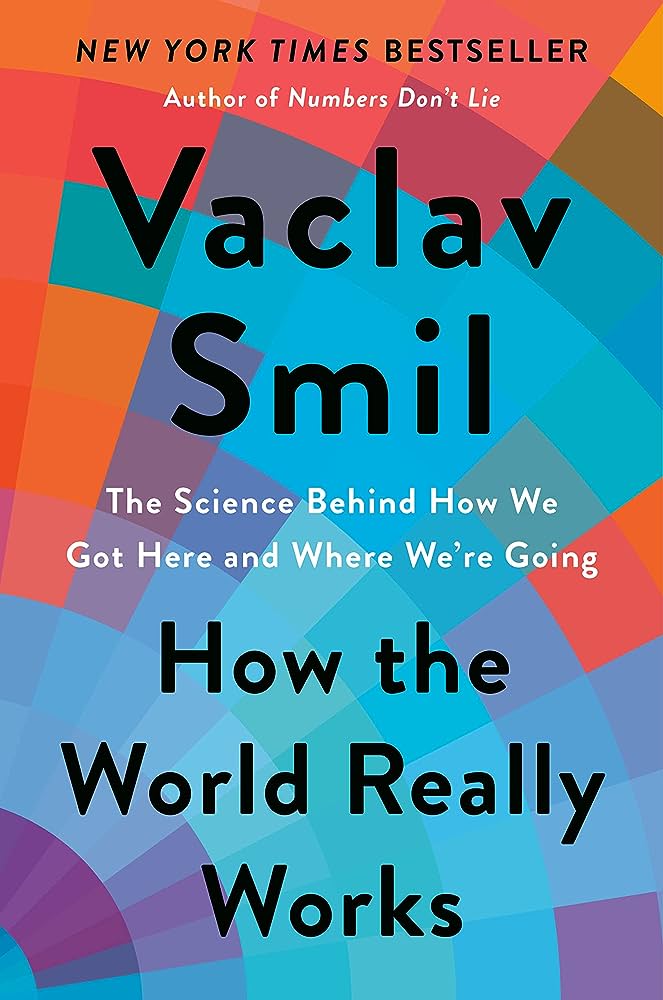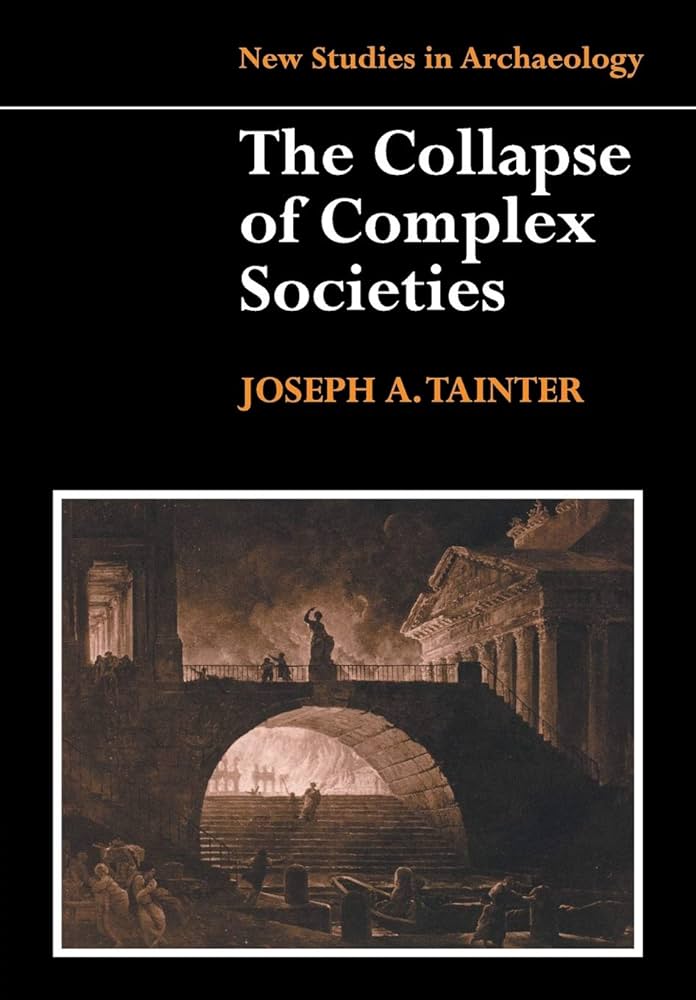Prospects for Children in the Polycrisis: A 2023 Global Outlook
The report highlights the distinctive harms for children and future generations of eight global trends that are part of the polycrisis: continued impacts of the pandemic, inflation, food insecurity, energy shortages, underinvestment in children, threats to democratic rights, international factionalism, and internet inequality.
Prospects for Children in the Polycrisis: A 2023 Global Outlook Read More »






